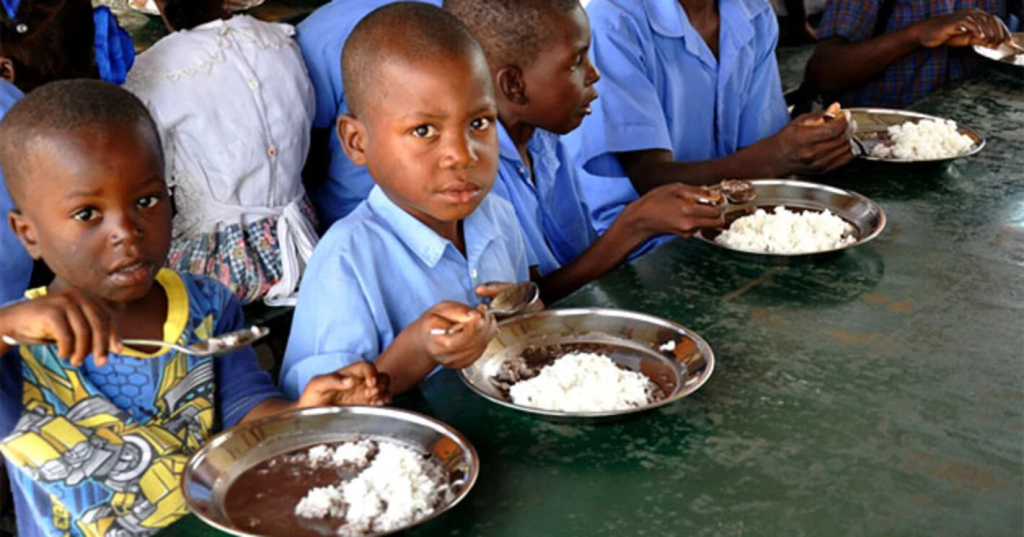Mobile health clinics from Partners in Health venture into violence-wracked regions of rural Haiti to combat malnutrition and curb high child mortality. Their success treating children, combined with advocacy for equal distribution of resources, helps fight hunger and harmful gender biases.

In the rural Artibonite region of Haiti, mobile health clinics are working to address the country’s crisis of hunger and malnutrition. Over 40% of Haitians face major gaps in food access, leaving children especially vulnerable. Nearly 1 in 4 children under age 5 are stunted, and 1 in 10 will die before their fifth birthday, mostly due to lack of proper nutrition.
To curb this deadly trend, Zanmi Lasante, the name of Partners in Health in Haiti, sends vans staffed with medical workers into remote villages. Seeking earlier treatment for malnourished kids, they provide food assistance and basic care. In the year before the mobile clinics, 18 children died of malnutrition at one hospital. The following year saw more than a 50% drop in deaths. Overall, the clinics have treated over 2,250 children and conducted close to 19,000 nutritional screenings.

The program also aims to shift biases that underlie hunger crises. Clinicians observe that traditional views of boys needing more nourishment mean girls disproportionately suffer moderate to severe malnutrition. Yet more boys develop life-threatening complications, due to the notion that boys are more robust and don’t need treatment as soon. Addressing stereotypes that distribute resources unequally, staff advise equal feeding regardless of gender.
Despite enormous hurdles — gas shortages, vehicle issues, roadblocks from violent gangs — the mobile units persevere. Their commitment to delivering care inside violence-torn communities is saving young lives. Though risks abound, the clinics are making progress in both reducing malnutrition and promoting the health of Haiti’s children.
Read the full article on the Partners in Health website.
